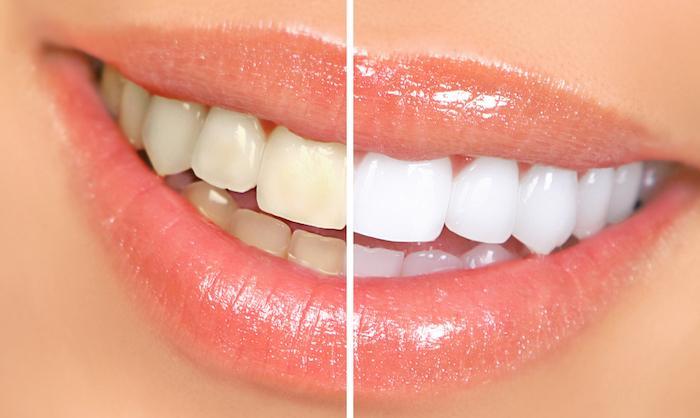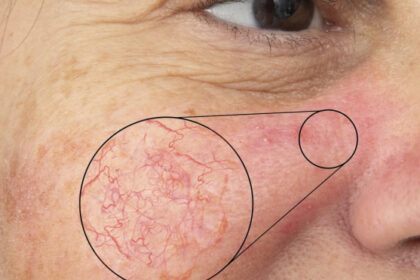Teeth whitening can enhance your appearance, boost your confidence, and help you feel better about your overall dental health. For people with sensitive teeth, however, the process may seem painful or even unsafe without the right precautions. Tooth sensitivity should not stop you from pursuing a whiter smile, as there are gentle and effective options available. By understanding your needs, you can find safe whitening methods that reduce risks and still deliver noticeable results.
With proper care and guidance, sensitive teeth can be whitened without causing long-term damage or ongoing discomfort. Many products are now designed specifically for sensitive teeth, offering lower peroxide levels and soothing ingredients. Consulting your dentist is a smart first step to ensure you choose the best solution for your unique dental condition. A gentle, well-informed approach can help you achieve a brighter smile while keeping your teeth healthy and pain-free.
What Causes Tooth Sensitivity
Tooth sensitivity occurs when the inner layers of your teeth are no longer fully protected by enamel or gums. This often results from enamel erosion or gum recession, both of which expose sensitive nerves. Enamel shields your teeth from heat, cold, and chemicals, but it can wear down over time. When that protection weakens, simple actions like drinking cold water can cause sharp pain or discomfort.
Brushing aggressively, grinding your teeth, or using acidic products can speed up enamel loss and increase sensitivity. If you already deal with this issue, you must choose whitening methods carefully. Strong whitening products can worsen sensitivity and potentially harm your enamel even more. A gentle, dentist-approved plan can help protect your teeth while still achieving visible whitening results.
Choosing the Right Whitening Products
Teeth whitening products vary in strength, ingredients, and how they affect sensitive teeth. Many over-the-counter teeth whitening options contain high peroxide levels that can cause irritation. If you have sensitivity, choose teeth whitening products designed to be gentle on enamel. Look for lower peroxide levels or added ingredients like potassium nitrate or fluoride to help reduce discomfort.
Some teeth whitening toothpastes are made to reduce sensitivity while still removing surface stains over time. Whitening strips for sensitive teeth also exist and typically use slower-acting, milder formulas. Before beginning any teeth whitening treatment, it’s wise to consult your dentist for personalized advice. A dentist can help you choose a safe option that fits your needs and protects your enamel.
Safe and Gentle Professional Treatments
Professional whitening provides a safe, customized way to brighten your smile while protecting sensitive teeth. Dentists often use custom trays that fit your mouth perfectly, allowing for even whitening with minimal irritation. Some dental offices also offer light or laser-activated treatments, which use less bleaching agent. These advanced methods can help reduce sensitivity while still delivering noticeable results.
Start Your Sensitivity-Friendly Teeth Whitening Journey Today
Whitening sensitive teeth is possible when you take a careful and informed approach. Use gentle products, avoid anything harsh, and ask your dentist for guidance. Good brushing habits and regular dental visits also support a healthy, brighter smile. With the right care and support, you can achieve noticeable whitening without added pain or discomfort.









